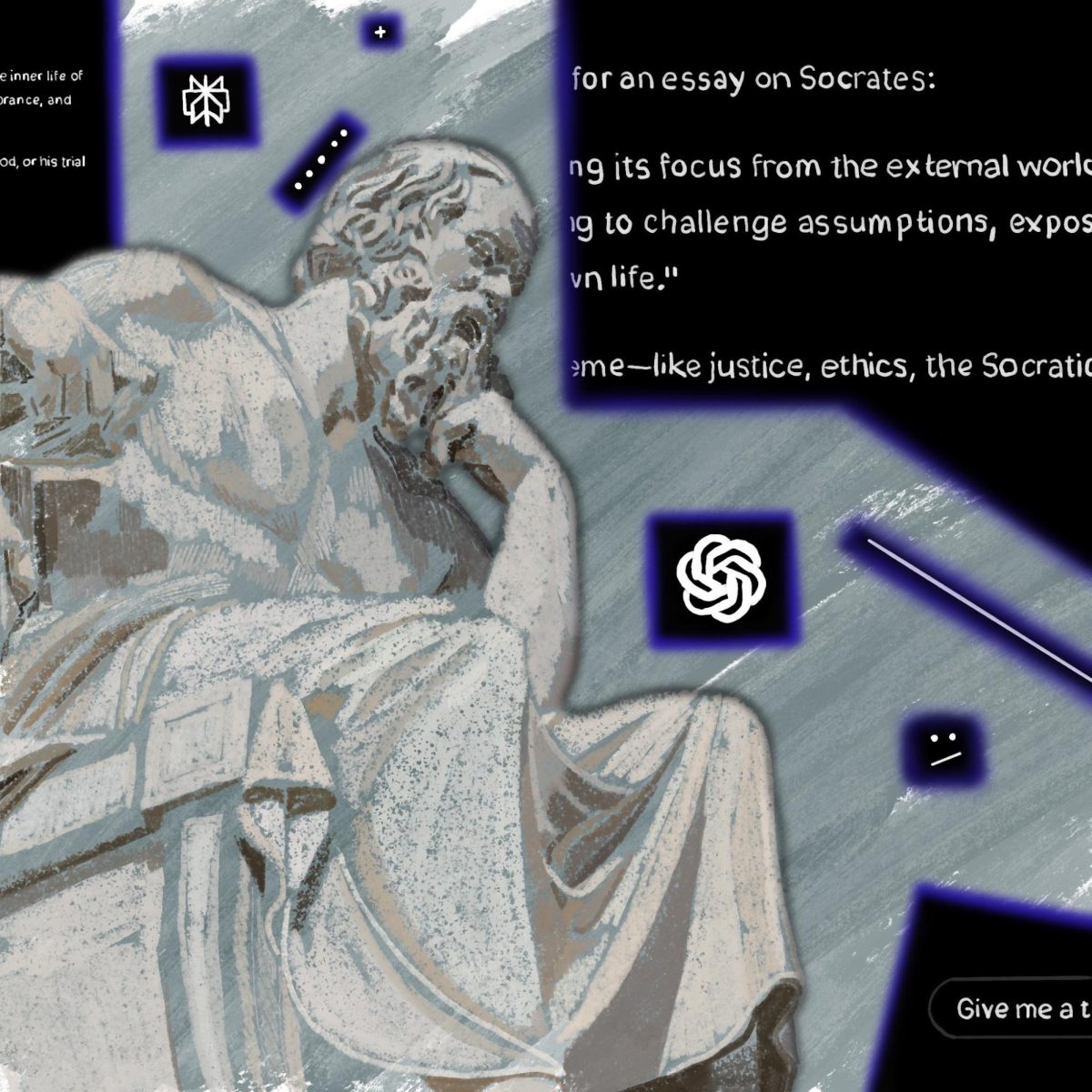A while ago, I decided to look over my old college application materials to reflect on the past few years. This was not quite the trip down memory lane I had hoped for. At age 17, I had been reasonably satisfied with what I had written, but four years later, I now find the essays cringe-inducing. While I had avoided writing anything mawkish, my first thought upon rereading my essays was, “Boy, I was a That Kid before I even knew That Kid was a thing.” Yet while my essays were hardly works of art, they accomplished what I had intended them to do: get me into college. A little more self-consciousness and the application process might have turned out quite differently.
College, though, seems to be a place where self-consciousness proliferates. I’ve heard many people describe college as a self-confidence-sapping experience. In certain respects, this might be good insofar as it has helped me resist surrendering to my inner That Kid. However, a lack of confidence may also deter people from pursuing challenging but beneficial opportunities available in college, whether those are through on-campus research, courses in subjects they’ve never heard of before, or super-competitive internships.
While frequently cited reasons for this loss of confidence include a heavy workload or tough grading scales, I also think we need to examine the significant effect that students’ attitudes have on each other. Many conversations at the beginning of each quarter touch upon what classes one is taking or what majors one is considering. While this might seem to be a neutral topic of discussion, peoples’ reactions reveal that assumption to be far from the truth. When I remarked at the start of first year that I was taking physics, I got many speeches about how terribly it was going to go for me. Pre-meds and prospective economics majors probably have it the worst, though, when it comes to dealing with unsolicited opinions. Upperclassmen will often take the opportunity to make predictions about failure and then detail all the people they know who “washed out.”
There’s no question that not everybody will achieve the goals they’ve laid out for themselves at the outset of college. Given that many people struggle through some of their first few college courses, it would definitely be helpful for students to have a good sense of what is manageable. However, giving dire warnings of failure without knowing anything about a person’s background or motivation is not the proper means to accomplish this. As a first-year, something along the lines of, “Here are some effective ways that other people have found to handle a challenging class…” would have served me much better than a sardonic wish of good luck.
While I believe that people for the most part are looking out for the best interests of the people they’re advising, one of my major concerns about the way older students counsel underclassmen is whether unwarranted assumptions are being made about people’s abilities based on whether they conform to our notions of what a smart person should be like. Would they tell a guy who looked like Mark Zuckerberg that he should be prepared to get his ass kicked in his computer science class? I’ve wondered for a long time why some people’s descriptions of their tough course loads are received with hushed respect while others earn eye rolling or snickering. Anecdotally speaking, I’ve heard some of my classmates mention dealing with insultingly low expectations due to race, gender, or even the college organizations they’re involved with, such as Greek life or athletics. The issue may be that even though the University’s population has changed significantly in the last few decades, we’re still stuck in our conception of an archetypal UChicago student.
As upperclassmen, we ought to use our accumulated knowledge responsibly. Keeping in mind the old disclaimer that “individual results may vary,” the approach I take when asked for my perspective on college classes is to stick to the facts as closely as possible: Most people spend about X number of hours on this class, students are expected to be familiar with concepts A, B, and C before enrolling, etc. I try to steer clear of predictions about how someone I’ve just met will perform academically, given that I am no Oracle of Delphi and can’t even predict what I’ll be eating for lunch tomorrow.
People can get a lot out of college by being willing to speak up during class and taking notoriously difficult courses, but they will be less likely to engage in those endeavors if we keep trying to convince them that they’ll fail. This negativity creates a major mood whiplash when we recruit students by telling them that they can be challenged in new and interesting ways, and then inform them that they probably won’t be up for said challenges when they actually get here. It would be a shame if the impression we gave the new students was that the life of the mind is accessible only to a select few.
Jane Huang is a fourth-year in the College majoring in chemistry.







